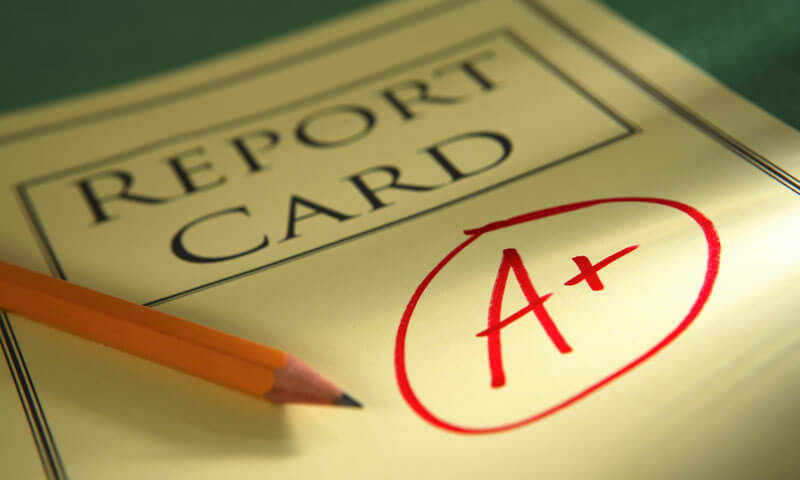A new video has been released by Invisible Children, the non-profit organization that released a video about African warlord Joseph Kony last week. The new video is in response to criticisms from around the world about their method, their goals and their approach to the original video. The original video, ‘Kony 2012,’ was viewed over 74 million times as of Monday. The group said that the hopes for the video were to make Kony a household name across the globe in order to stop his killings and violence.
“I understand why a lot of people are wondering is this some slick, kind of fly-by-night, slacktivist thing, when actually it’s not at all,” said Invisible Children CEO Ben Keesey, according to CNN. “It’s connected to a really deep, thoughtful, very intentional and strategic campaign.”
Kony is wanted for crimes against humanity by the International Criminal Court after operating in central Africa for 20 years or so. Over 100 combat U.S. troops were deployed to the region in October to kill or capture Kony.
“They should open their eyes more on the people affected by the war,” Evelyn Apoko, a captive for three years of Kony, said of Invisible Children. “And the children — they need to find a way to protect them. They have no hope, no way to escape.”
“Any approach to stop the LRA needs to be sensitive to that,” Keesey said. “It needs to do everything possible to protect those innocent women and children. That’s not that easy. It’s actually really difficult. Therefore, the effort to stop the LRA has to be comprehensive, and it has to be huge.”
The video also has Keesey defending his group’s finances, which have come under fire recently as well.
“Any claims that we do not have financial transparency or that we’re not audited every year by an independent firm or that we don’t have financial integrity just aren’t true,” Keesey said.
The group is planning to plaster posters of Kony all over cities beginning on April 20.
In northern Uganda on Tuesday, the African Youth Initiative Network will be screening ‘Kony 2012.’
Fred Opolot, a spokesman for the Ugandan government, said, “Invisible Children, if it is using such images to dupe the international community into, into ensuring that they contribute financially into its works, I’m afraid to say it is a wrong approach. And indeed its activities in northern Uganda will be further questioned, in as far as the amount of money they receive vis-a-vis the actual interventions that they make in northern Uganda where he thinks he is concerned about.”
“We want you to know all about the next steps, so we’re going to be sending details in the coming days,” said Keesey. “And we want to answer any question that you have, that maybe wasn’t addressed in this video.”












































